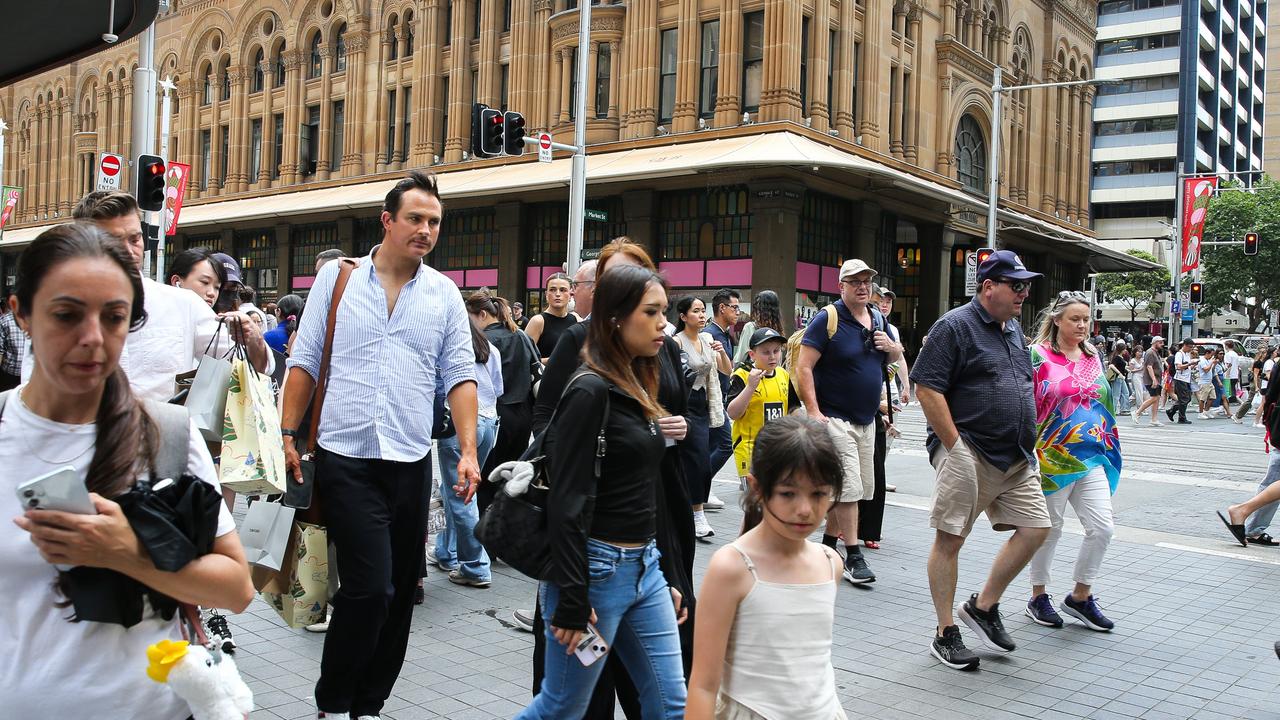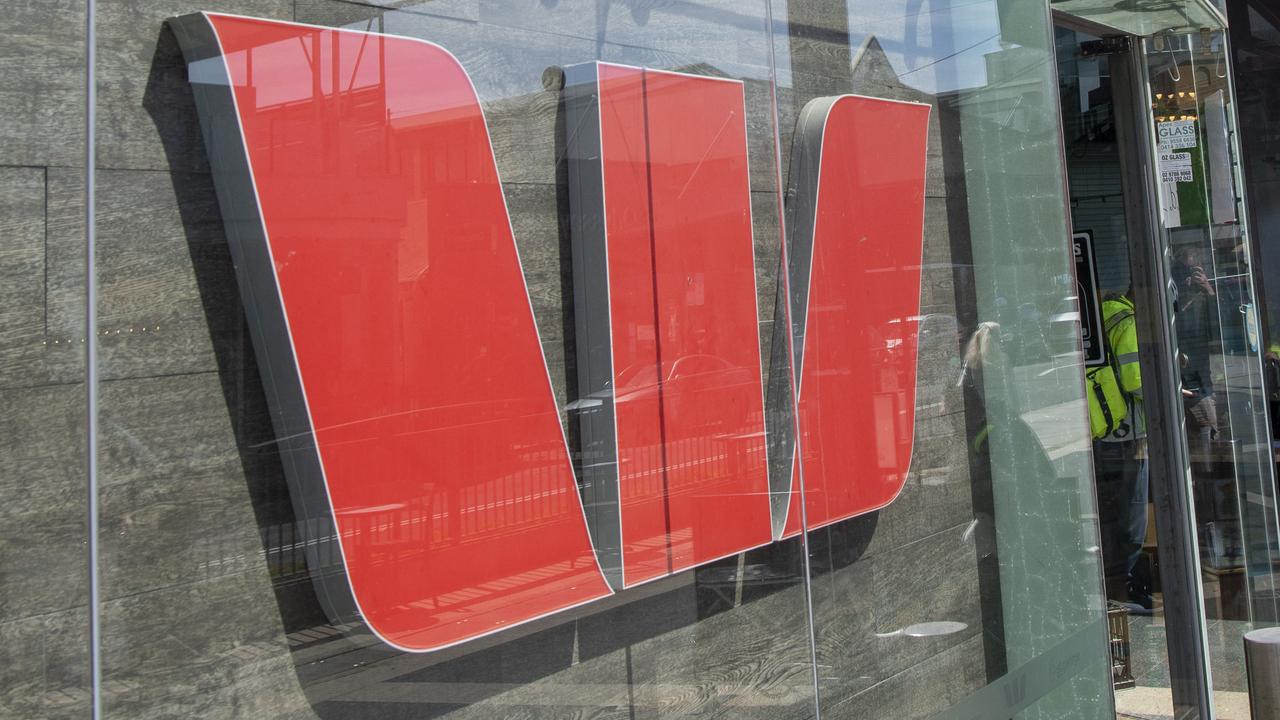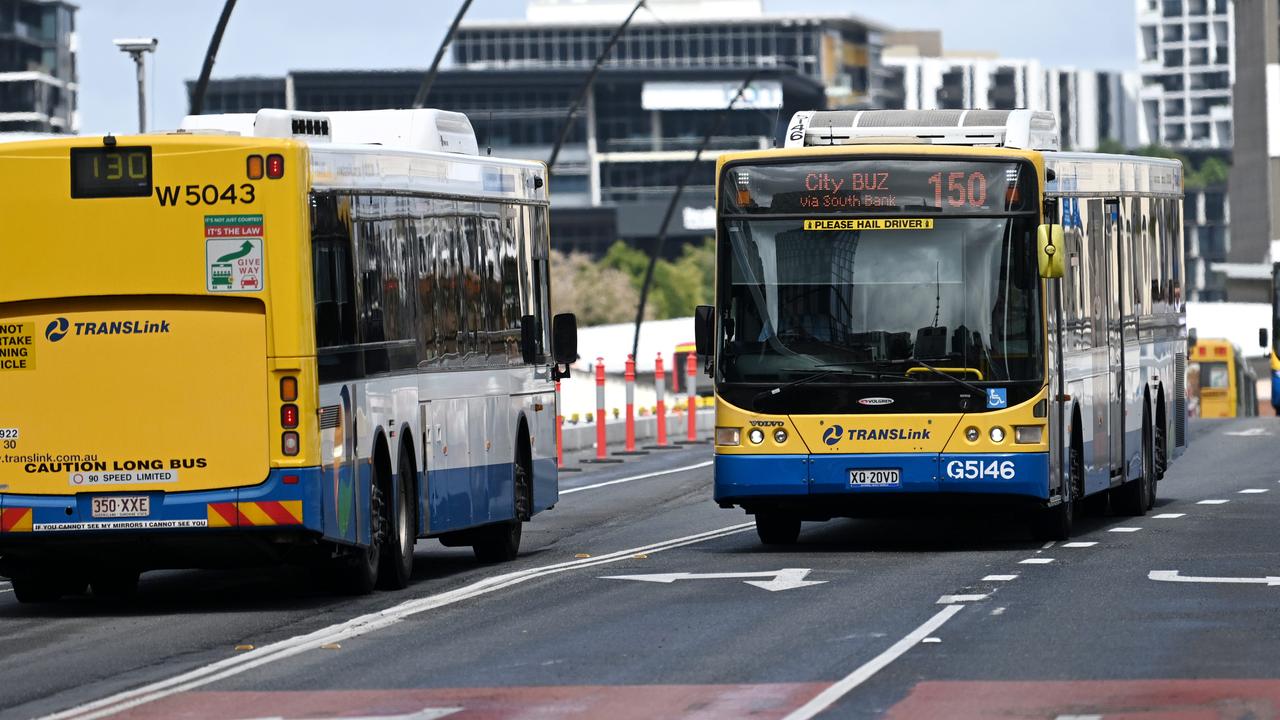Melbourne Comedy Festival comedians reveal what it’s really like behind the scenes
IT’S fame and fortune for a lucky few, but in reality working in comedy means late nights, low pay and crushed egos. Two Aussies tell us what it’s really like.
THE Melbourne Comedy Festival is the biggest Australian arts festival of the year. It pulls in over 600 thousand people and generates $13 million.
But only 10 per cent of the 500 different comic acts who perform at the festival are likely to make any money.
According to the festival director, Susan Provan, only about half of the acts break even. That means that after the 10 per cent who get all the big crowds, the remaining 40 per cent lose money — or, as she calls it — are “investing in their career”.
More: Jerry Seinfeld’s 10 most hilarious quotes
One of those ‘investing’ is Alice Fraser. The Sydney-based comedian is in her first festival. She used to be a lawyer at a top tier firm but after spending a day “crying into her office cupboard” about how much she hated her job she decided to switch to stand-up.
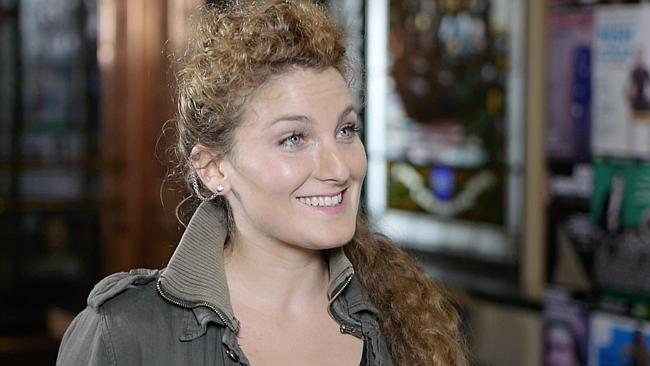
“The equation that I put in my head is that I will make much less money in order to have the freedom that I want,” she said. “The only other way to get that kind of freedom is to spend twenty years making money and squirrelling it aside and then you retire early and then you sail around. And I think that’s a bad bet really.”
Alice’s freedom comes at a price. Two weeks a month she’s on the road — performing at RSLs and country pubs. “It’s hard to make a living doing pure stand-up in Australia,” she said.
Alice uses her lawyer training to good use though. It comes in handy for making sure she gets paid and like a lawyer, she’s aware of “making sure her clients get value for money.”
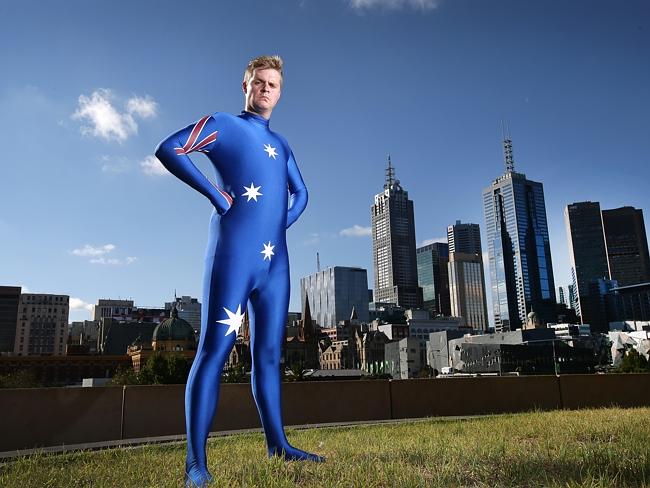
She’s also applied her skills to working out the efficiencies of getting punters into a gig.
“It’s really heartbreaking, especially in a festival like this where you’re competing with four hundred or five hundred other acts every night to get people in, so I did a flowchart for outcomes and found that standing around handing out flyers is not as effective as you think it would be.”
They might be funny on stage but many comedians are all business when you meet them in person. There’s no time for jokes really when you are trying to make it a full-time living.
Asher Treleaven knows he’s never going to make the big time.
“I was once told by an agent producer person that I have the commercial viability of a Rolf Harris wobble board. So, I’m not really a commercial comedian. I’m not a comedian that’s going to be on breakfast radio and stuff like that.”
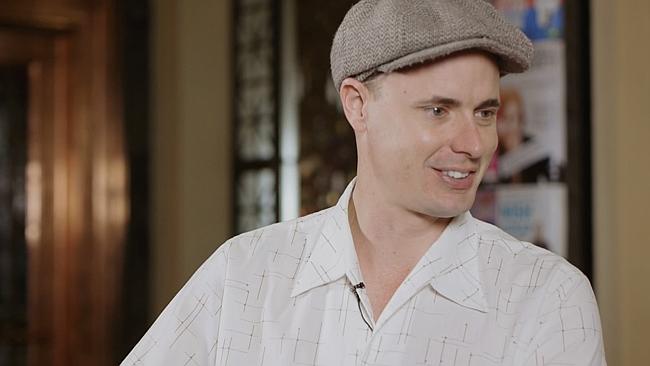
But Asher does make reasonable money out of his comedy — but he thinks of himself as effectively a small business.
“People see show business as amateurs and people making billions of dollars, but there’s this kind of middle class of performers who are all making a comfortable adult living doing shows,” he says.
“It’s about learning to do as many different things as possible, diversifying, learning how to run your own business, learning how to produce, learning how to do all that sort of stuff and that will give you the ability to make a living.”
The life of a jobbing stand-up is nothing like the glamorous or lucrative one that the very top comedians can have if they crack the breakfast radio gig.
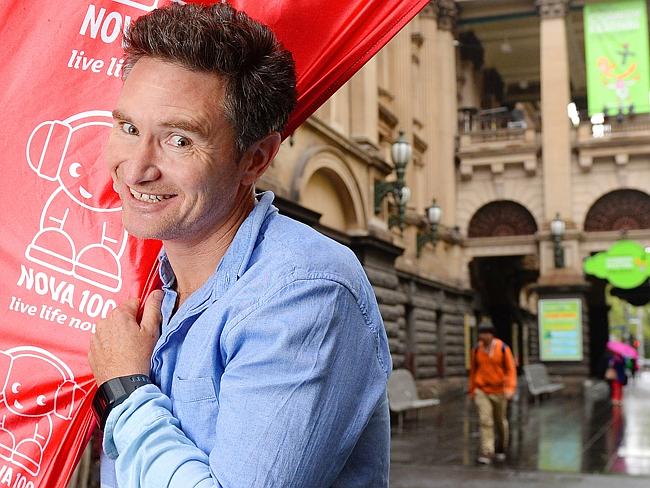
Nova’s Fitzy and Wippa have laughed off reports of their rumoured $11 million dollar, four year contract but there’s no doubt the big money in comedy is in radio or TV.
Instead, comedians like Asher hit the road, spruiking their gigs and covering all their own costs in terms of marketing, posters and venues. If he can make 30 per cent profit on a gig after all those costs, he has effectively broken even.
It takes a lot of guts to perform on stage, and for many comedians it takes a lot of guts to carry that kind of risk. Especially when you never no when you are no longer hot.
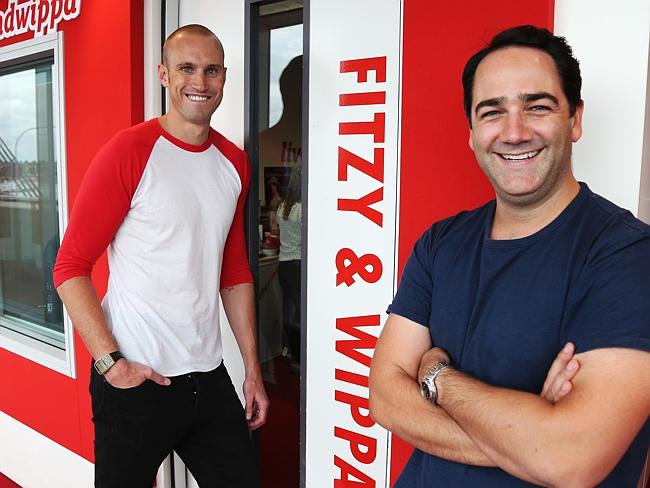
“It always feel very finite; you don’t really have security; you don’t know when it’s going to end; you don’t know when you’re going to be funny anymore,” Asher says. “There’s a feeling like someone’s going to come in and go ‘can I have a word with you, you know this is over now, can I have all of your money and things back and go away and do something that, you know, you don’t really like?’ So, I think I really loved it and when I found out that I could make money from it. That was great.”
Alice Fraser’s show Everyone’s a Winner is playing at the Melbourne Comedy Festival until April 20.
Asher Treleaven’s show Smaller Poorer Weaker Cheaper, also finishes on April 20.

